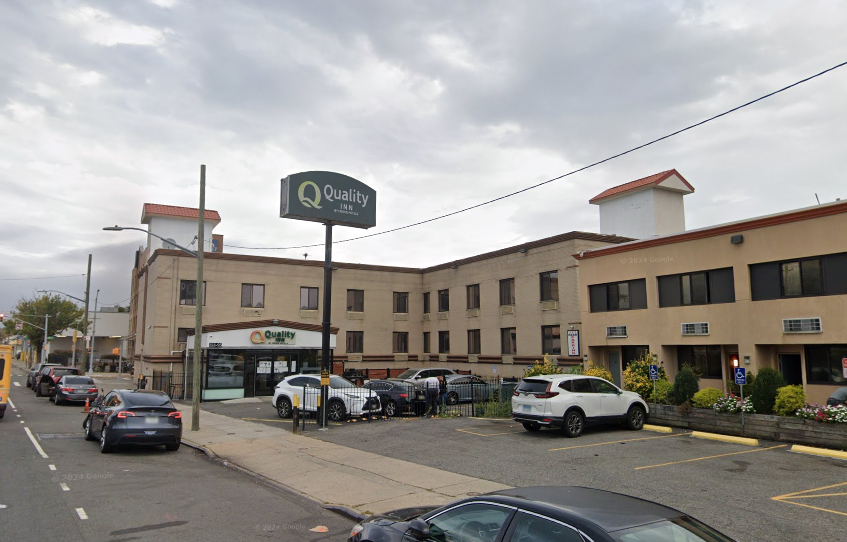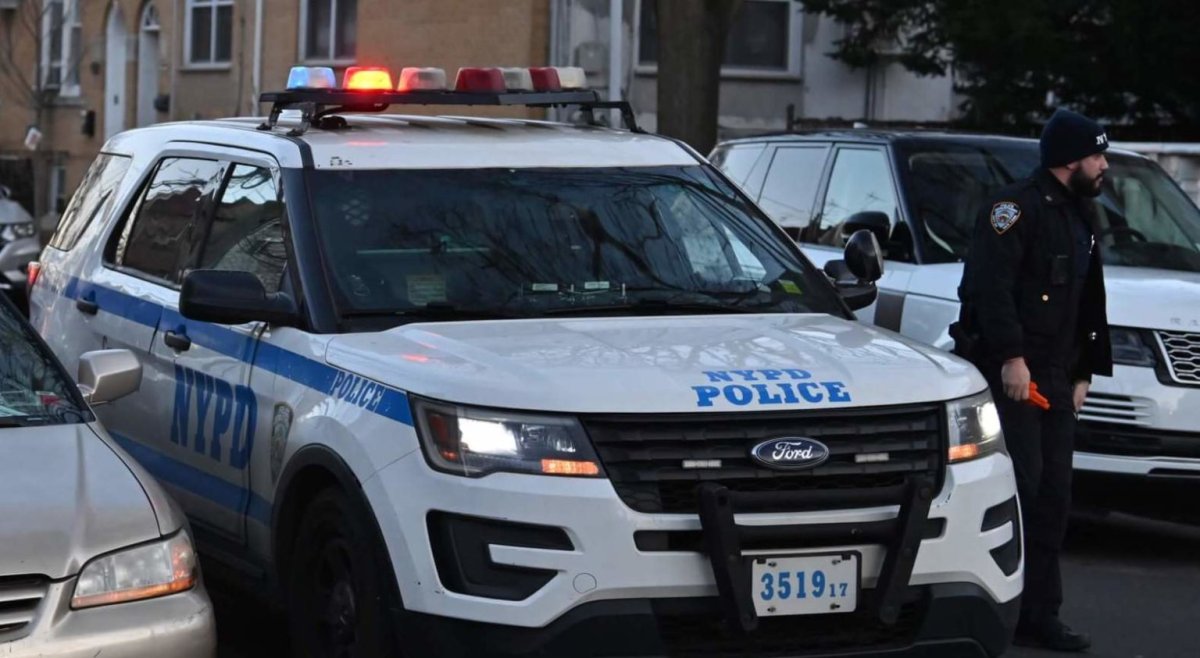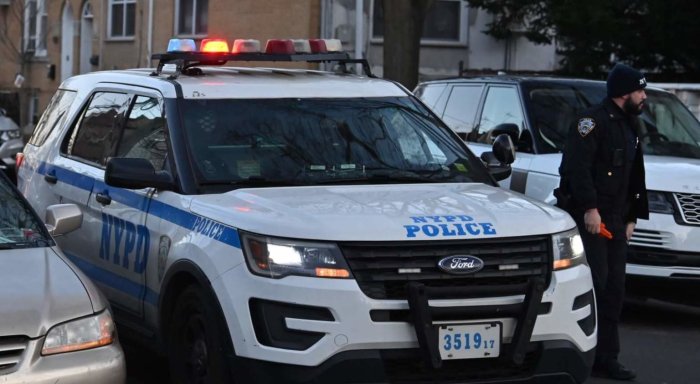The public will have a chance to weigh in on the NYPD’s body-worn camera pilot program before it expands to 1,000 cameras in the fall.
The online survey, available at nypdbodycameras.org, was set up as a partnership between the NYPD and the Policing Project at New York University, to respond to community concerns about the program.
“We’ve been purposefully moving very slowly on this issue,” Police Commissioner Bill Bratton said on Wednesday, adding that he wanted to clear up any public confusion over the program and the technology. “So we want to make sure that before we move to 1,000 cameras — which would make it one of the largest in the country — before we move to 5 [thousand] or 10,000, that we have the policies in place, that we have public understand in place, that we have media understanding, political understanding.”
The survey asks 22 questions, including if someone is a resident of a New York Housing Authority building and which situations they think using a body camera is appropriate. It is open until July 31.
“We commend the NYPD’s extraordinary initiative to solicit feedback from the New Yorkers who will be affected by this new technology, and we are honored to participate in this crucial conversation between the department and the public,” Barry Friedman, director of the Policing Project, said in a statement. “This project is groundbreaking in its scope, and can serve as a model for other police departments throughout the country.”
Following the public comment period, the NYPD will submit any adjustments made in response to the feedback to the federal monitor and the court for approval, according to the Policing Project.
Another survey being conducted by the Marron Institute of Urban Management at NYU is collecting feedback from NYPD officers through an online questionnaire, according to the Policing Project.
In 2014, the NYPD began piloting body-worn cameras on about 60 officers, equipping each with one of two models. The program followed the Manhattan U.S. District Judge Shira Scheindlin’s 2013 stop-and-frisk ruling that — among other things — called for a pilot program to record stops in five test precincts.
Bratton said the department has received about 20 different bids from vendors for the 1,000-body camera pilot set to roll out in the fall.





























